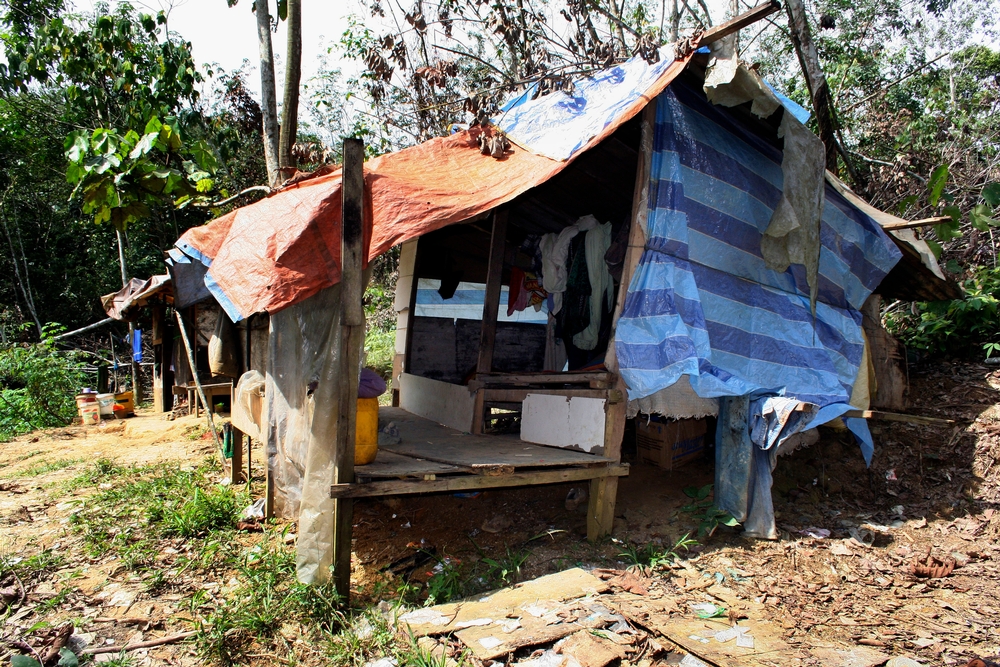Those who do seek health care may not be able to afford it, as refugees and asylum seekers are subject to unsubsidised foreigner rates for medical fees. For a group that does not have the right to legally work in the country, those fees remain prohibitively high, even after the 50% discount extended by the government to refugees and asylum-seekers in need of treatment at public health facilities. This can force already vulnerable families into making impossible choices, between health care, food or housing. Language barriers and access to information also impede undocumented groups from getting care.
As an Asean country hosting a high number of refugees and asylum seekers, Malaysia could set an example for the region in how to provide health care for the most vulnerable in society. There are a few immediate steps the government could take to improve the health of refugees and asylum-seekers.
First, to ensure refugees are not discouraged from seeking care when they need it most, the authorities could guarantee undocumented refugees protection from arrest and detention at health care facilities. They must ensure that patients’ confidential data, including their documentation status, are not shared with third party stakeholders, such as the Immigration authorities. This could also reduce the burden on Malaysia’s public healthcare system, as more timely treatment helps reduce the costs of using secondary health care later on.

